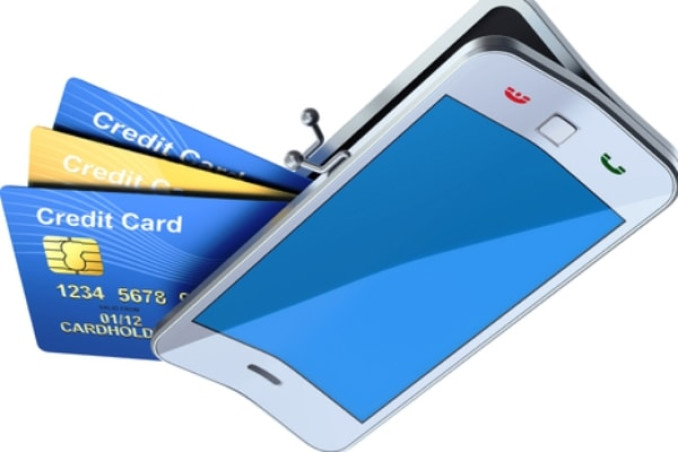Bill payment is the next big thing in international mobile money for Africa

Africa is widely acknowledged to be at the cutting edge of mobile money services, and now international remittance companies are moving to take another step in the evolution of the technology by allowing people living abroad to pay bills for friends and relatives back home on the continent.
Africa is widely acknowledged to be at the cutting edge of mobile money services, and now international remittance companies are moving to take another step in the evolution of the technology by allowing people living abroad to pay bills for friends and relatives back home on the continent.
The idea is for international remittance users living abroad to be able to pay for bills such as electricity, rent and hospital services incurred by people in Africa. Up to now, international remittance services only allowed funds to be transferred from person to person: they did not let users pay bills.
SimbaPay, a local mobile money transfer company in Kenya, recently unveiled an international mobile funds-transfer product that will let people living in the U.K. pay bills in Kenya. Previously, only people residing in Kenya could pay vendors using mobile money, through designated bill-pay numbers.
"Our customers want to pay vendors in Kenya faster and without having to go through friends and family. This new product allows them to do just that, especially for time-sensitive payments such as those to hospitals, stock brokers and the like," said Nyasinga Onyancha, CEO for SimbaPay.
WorldRemit, an online money transfer company, is interested in this idea. "It takes a deeper integration but we do see that it's an area that our customers can be interested in. It's definitely an area of interest for us," said Alix Murphy, a senior mobile analyst at WorldRemit.
"Many are using the money that is coming into their mobile wallets to go and pay electricity bills or school fees for example," Murphy added. "These are things customers were not able to do previously but we are seeing deeper engagement between the sender and receiver. As they are talking on the phone, they can then very easily convert that conversation to sending money."
Paying bills via mobile money, especially in Kenya, has become very popular. Safaricom, the leading player in mobile money transfer in Kenya, with nearly 80 percent of the market, says it has seen greater uptake of bill payments, through its Lipa na M-Pesa (Pay with MPesa) service.
In April, WorldRemit released a study that indicated Africa remittance through mobile money would hit a staggering US$33 billion by the end of 2015.
SOURCE:PCADVISOR
 Africas leading resource for digital financial services
Africas leading resource for digital financial services


comments